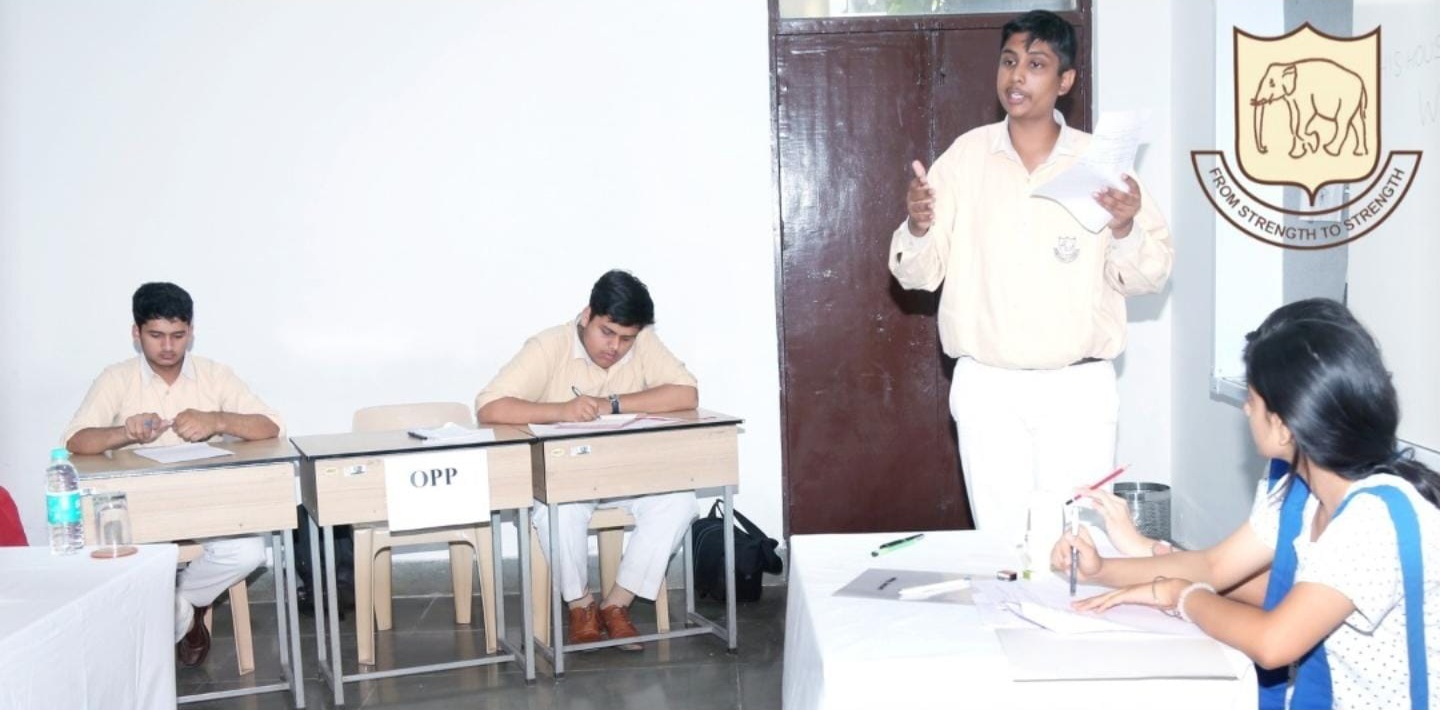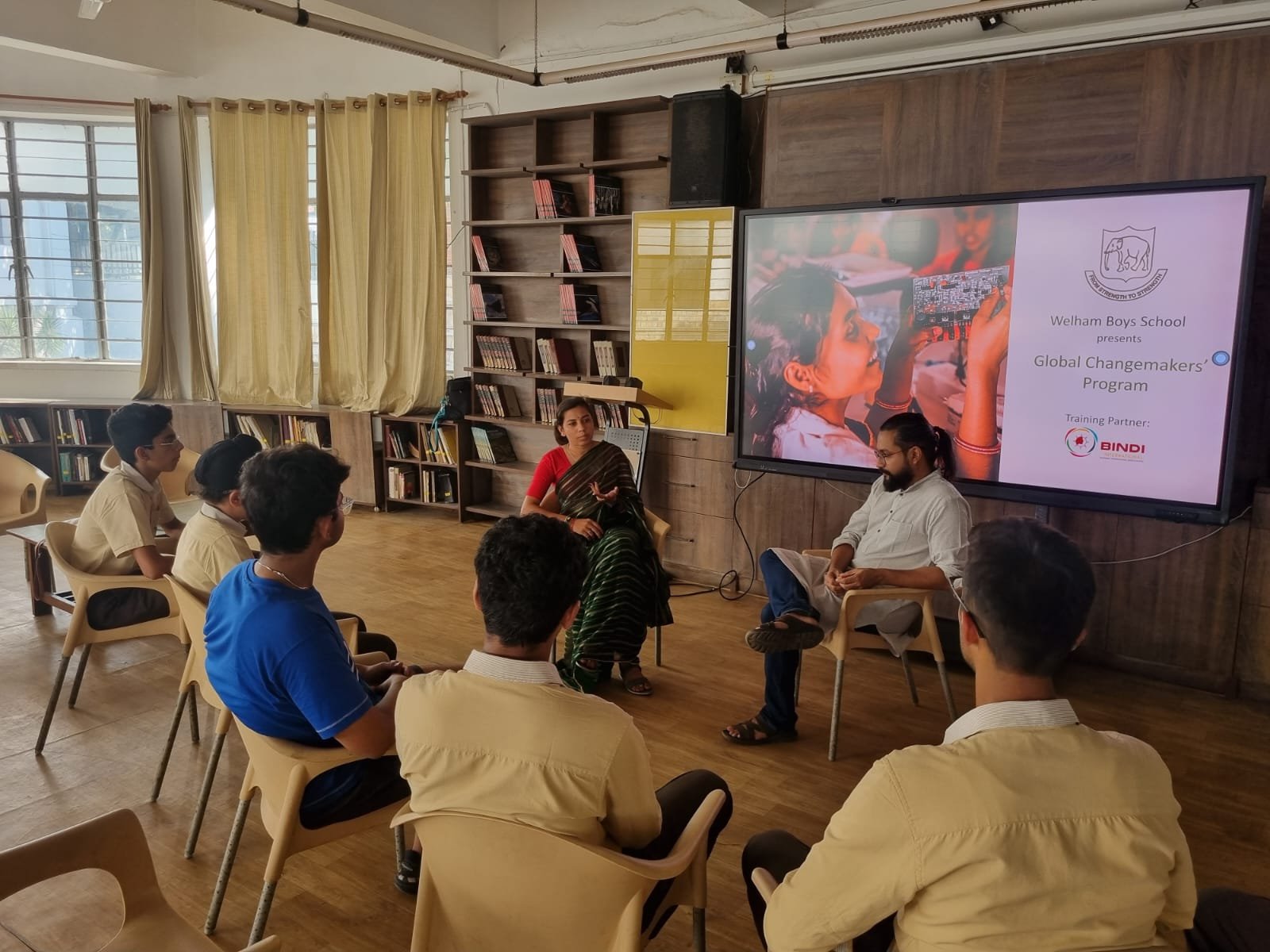

It is reminiscing to find out that one year ago, I delivered this speech at the East India Debates hosted by Assam Valley where I proudly secured the Best Speaker. Now, as an intermediate level debater, I find many flaws with my level of argumentation, and structural constructions. Let me take you back to my first speech at an Interschool Debate!
Greeting to the September house at large. Today, I Divij Gupta, Lead speaker of the side opposition strongly stand against the motion, “THIS HOUSE REGRETS THE SHIFT FROM MEDIA REGULATION TO MEDIA CONTROL.” Before putting forward my argument, I will start by stating our side opposition’s role in this debate. We will significantly show the oppositions argument supported by case studies, assertions, and reasoning. We will prove how the proposition has baseless arguments and meaningless cases and how the perspective of opposition fits best into this debate. I as the lead speaker of the opposition will build upon a case with 2 very important assertions and reasoning. The second speaker will move in depth into the argument by providing case studies and the third speaker will be conducting a stakeholder analysis on this motion.
Ladies and Gentlemen, Now, I will start by highlighting and defining the main keywords from the motion. First word being media. When we talk about media, a very popular term in the modern world, it is the way to mass communicate to the public on a large scale through means involving audio, video and even through writing. Regulation is a rule or order issued by an executive authority or regulatory agency of a government and having the force of law. When the government or the jurisdiction creates rules to limit and regulate the influential powers of media it is called Media regulation. On the other hand, Media control is when the government has full power to release and hide any information from the public, for a specific agenda at hand.
I will move onto my first assertion. Media control is necessary for a democracy to function properly. Now this might get you thinking that media control completely violates Article 19 of the Indian constitutions and even other democratic constitutions, but the proposition manages to ignore the fact that if the people expect the government to respect this right of freedom of speech and expression, they must also follow the right to privacy which is also recognized as a basic human right under Article 12 of the Universal Declaration of Human Rights Act, 1948. As Article 19 states and I quote “Independent journalism”, Ladies and Gentlemen, I believe that it cannot be defined as someone not adhering to this right. The government in various countries do not use this for propaganda but to maintain the right to privacy and as a surveillance for any classified information that was going to be released to the public about any central Intelligence or military operations. If this information were to be released to the public, terrorists or even other nations can take advantage of this situation. The second speaker will present you with a case study regarding this. Thus, A democracy cannot function accordingly without the Media industry and the government working together. In fact, this might be a step towards a perfect democracy in countries.
Now, I will move onto my second assertion. The media sector can use the news for its own benefit. Sometimes or should I say frequently, the media sector even with knowing the information, does not release it to the public because, the private firms that own these take advantage of this news. We know that these private companies could do anything to gain viewers and publicity. They could use this news to spark up politicians into heated debates and many people watch it as an entertainment rather than an informative source. Numerous times the information is either not relevant or complete. If the government is controlling the media, it could use its assets to figure out the relevancy of the news. The third speaker will enlighten you with a case study on this. Thus, in regulated media, there are people who can take advantages but not so much as in the controlled media.
Now I would like to conclude my speech. I rest my case but not my voice. Thankyou.






“It’s just 7:00 in the morning,” I murmured as a sharp sound echoed through the crisp winter air. The biting cold engulfed me, but the day demanded my attention. I had to wake up and get dressed quickly, as I had been selected as a Data Scientist intern at the

When I return from boarding school in Delhi, I initiate clothing donation drives because helping the community means everything. My first-hand experience shows that making small efforts leads to significant changes as I walk through my local community to gather items people no longer use, but others can benefit from.

Thank you to Mukalbari Model TE School and Principal Ms. Aparupa Phukan for enthusiastically welcoming STEMspire! Having interactive discussions with bright, curious minds from Grades 9 and 10, I could see the excitement in their eyes—the eagerness to explore the world of STEM education and its endless possibilities—something that I,